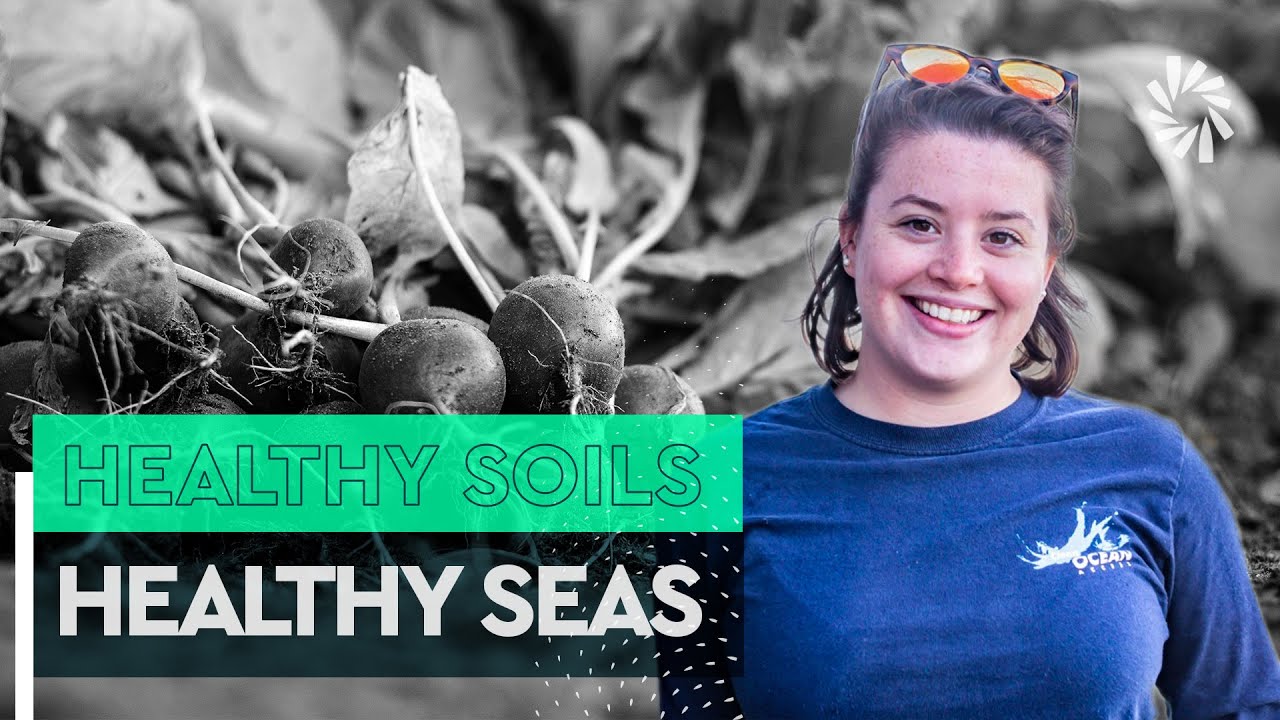Introduction: Evaluating the Soil Quality in Rhode Island
Rhode Island’s soil quality plays a crucial role in determining its agricultural productivity and overall ecosystem health. Evaluating the soil quality in this state involves examining various factors such as soil pH levels, organic matter content, nutrient composition, drainage and water holding capacity, soil texture, erosion, contamination, climate impact, and agricultural practices. Understanding these factors will provide valuable insights into the condition of Rhode Island’s soil and its implications for agricultural sustainability and environmental protection.
What Factors Determine Soil Quality in Rhode Island?
Several factors contribute to determining the overall quality of soil in Rhode Island. These factors include soil pH levels, organic matter content, nutrient composition, drainage and water holding capacity, soil texture, erosion, contamination, climate impact, and agricultural practices. Each of these factors plays a vital role in sustaining healthy soil and supporting agricultural productivity.
Understanding Soil pH Levels in Rhode Island
Soil pH levels are an essential factor in determining soil quality in Rhode Island. pH refers to the acidity or alkalinity of the soil and affects various chemical reactions necessary for plant growth. Optimal pH levels vary depending on the crop type, but typically fall within the range of 6.0 to 7.5. Testing soil pH regularly allows farmers and gardeners to adjust nutrient management practices to maintain optimal conditions for plant growth.
The Role of Soil Organic Matter in Rhode Island
Soil organic matter is crucial for maintaining soil health in Rhode Island. It provides essential nutrients and serves as a reservoir for water and nutrients, contributing to the overall fertility of the soil. Organic matter also enhances soil structure and promotes microbial activity, which aids in nutrient cycling. Including organic matter through practices such as composting and cover cropping is essential for sustaining healthy soil in Rhode Island.
Assessing Nutrient Content in Rhode Island Soils
The nutrient composition of Rhode Island soils significantly impacts their quality. Essential nutrients for plant growth, such as nitrogen, phosphorus, and potassium, must be present in adequate amounts. Soil testing helps identify nutrient deficiencies or excesses, enabling farmers to tailor fertilizer applications accordingly. Efficient nutrient management practices are vital to prevent nutrient runoff, minimize environmental contamination, and ensure optimal crop productivity.
Rhode Island’s Soil Drainage and Water Holding Capacity
The drainage and water holding capacity of soil in Rhode Island are critical factors for soil quality. Proper drainage ensures excess water is efficiently removed, preventing waterlogging and root damage. Conversely, a soil’s water holding capacity determines its ability to retain moisture during dry periods. Assessing and improving soil drainage and water holding capacity through appropriate irrigation practices and soil amendments are essential for sustaining healthy crops and preventing soil degradation.
Soil Texture: Examining Rhode Island’s Soil Composition
Rhode Island’s soil texture, determined by the relative proportions of sand, silt, and clay particles, greatly influences soil quality. Sandy soils drain quickly and are prone to nutrient leaching, while clay soils hold water and nutrients tightly but can become compacted. Loam soils, a balanced mixture of sand, silt, and clay, offer ideal conditions for plant root growth and nutrient retention. Understanding soil texture and implementing soil management practices accordingly is crucial for optimizing agricultural productivity in Rhode Island.
Rhode Island’s Soil Erosion and Conservation Efforts
Soil erosion poses a significant threat to soil quality in Rhode Island. Erosion can result from intense rainfall, wind, or inappropriate land management practices. The loss of topsoil, which contains essential nutrients, can lead to reduced agricultural productivity and increased sedimentation in water bodies. Implementing erosion control measures like contour plowing, terracing, and cover cropping is vital to minimize soil erosion and preserve the quality of Rhode Island’s soil.
Rhode Island’s Soil Contamination: Causes and Implications
Soil contamination is a concern in Rhode Island due to various factors, including industrial activities, historical land uses, and improper waste disposal. Contaminants such as heavy metals, pesticides, and petroleum products can persist in the soil for extended periods, posing risks to human health and ecosystem integrity. Conducting site assessments, remediation efforts, and implementing proper waste management practices are crucial steps for addressing soil contamination and safeguarding Rhode Island’s soil quality.
The Impact of Climate on Soil Quality in Rhode Island
Climate greatly influences soil quality in Rhode Island. Factors such as temperature, precipitation, and extreme weather events affect soil structure, nutrient availability, and microbial activity. Climate change poses additional challenges, including increased soil erosion, flooding, and droughts. Adapting agricultural practices to changing climatic conditions and implementing soil conservation strategies are essential for maintaining soil quality and agricultural sustainability in Rhode Island.
Rhode Island’s Agricultural Practices and Soil Health
Rhode Island’s agricultural practices significantly affect soil health. Sustainable farming techniques, such as crop rotation, conservation tillage, and integrated pest management, help maintain soil quality by preventing erosion, reducing nutrient runoff, and promoting beneficial soil organisms. Supporting farmers in adopting these practices and providing educational resources are crucial for fostering healthy soils, sustainable agriculture, and environmental stewardship in Rhode Island.
Conclusion: The State of Soil Quality in Rhode Island
Evaluating the soil quality in Rhode Island involves considering various factors, including pH levels, organic matter content, nutrient composition, drainage, soil texture, erosion, contamination, climate impact, and agricultural practices. By understanding these factors and implementing appropriate soil management strategies, Rhode Island can sustain healthy soils, support productive agriculture, and protect its environment. Collaboration between farmers, researchers, policymakers, and the community is essential to ensure the long-term health and sustainability of Rhode Island’s soil.





